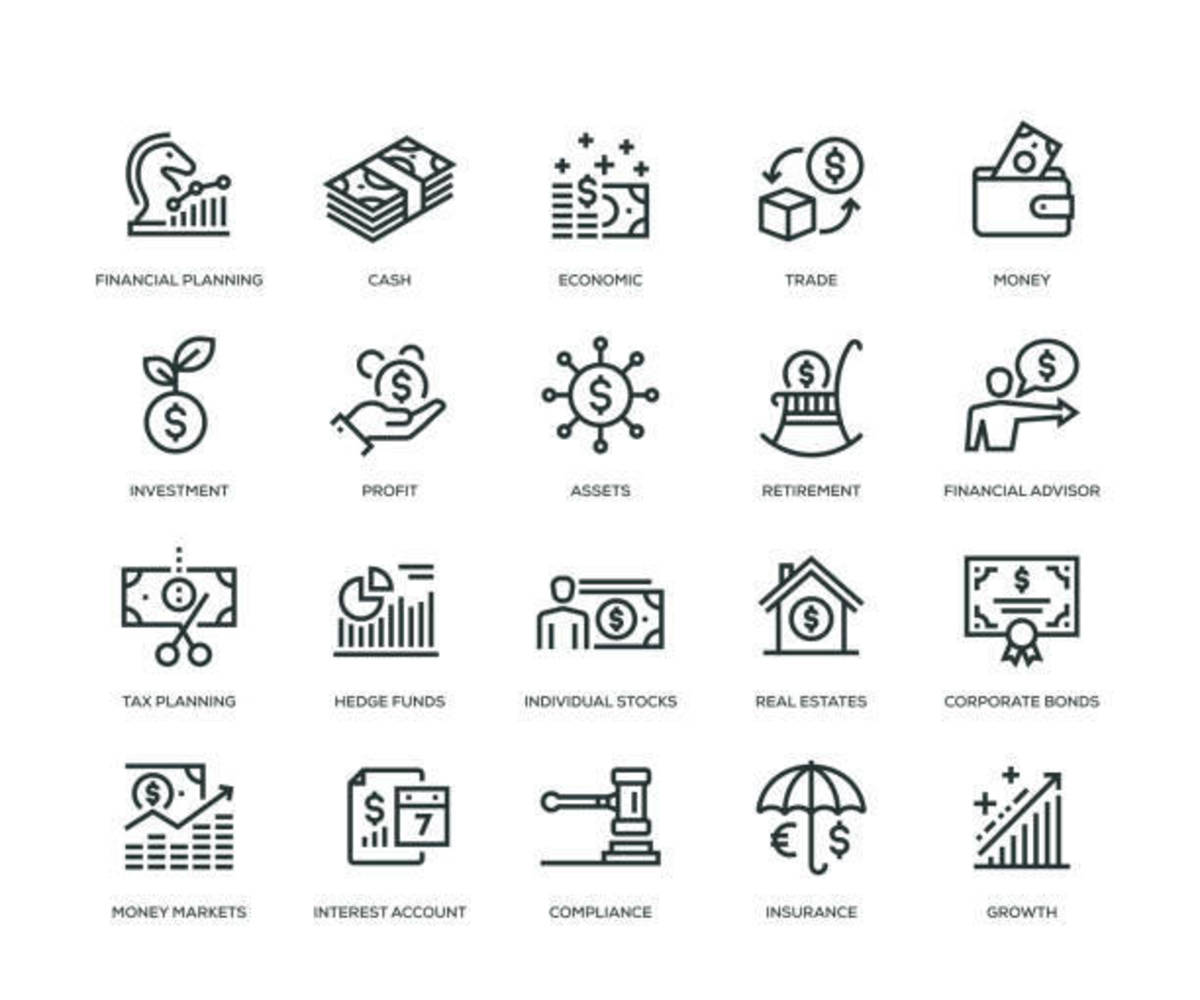Voluntary Repossession vs. Involuntary Repossession: It's All the Same For Your Credit Score
Most individuals who are facing a potential car repossession know that there will be credit consequences. What many do not realize, however, is that those credit consequences are the same regardless of the manner in which the vehicle is repossessed. Credit scoring formulas do not differentiate between whether a car repossession was voluntary or involuntary.
Voluntary Car Repossession vs. Involuntary Car Repossession
The majority of car repossessions are involuntary and occur when the buyer fails to pay one or more car payments to the lender. The number of car payments that must be missed before the lender repossesses the vehicle should be stipulated in the original loan document. Theoretically, however, a lender could opt to repossess a car after the buyer misses a single payment.
In the case of an involuntary repossession, the lender will often hire a company to track down the car and tow it away. The lender will then store the car until it can be sold at an auction. Although most vehicles can be found at a borrower’s home or place of employment, borrowers who know their lenders are seeking a repossession may attempt to hide their vehicles in other locations. Involuntary repossessions can be dangerous because they often result in a confrontation between the borrower and the individual assigned to repossess the vehicle.
Voluntary repossessions, however, are just the opposite. In a voluntary car repossession, the borrower contacts the lender, informs the lender that he is unable to continue making his car payments, and returns the car to the lender himself. A voluntary repossession is preferable because it eliminates the cost a lender would incur by hiring a company or individual to find and seize the vehicle.
The Credit Consequences of Both Types of Repossession
Although a lender may opt to note on its report to the credit bureaus that a repossession was voluntary, it is not required to do so. Many borrowers return their vehicles to their lenders on their own with the mistaken belief that doing so will reduce the inevitable damage to their credit score that occurs when a repossession takes place. Unfortunately, there is no real benefit to borrowers who choose to return their vehicles voluntarily.
A car repossession will be noted in the trade line for the original loan. This is overwhelmingly negative and can cause an individual’s credit score to drop by 100 points or more. The amount of damage your credit score will take after a repossession depends on what your score was prior to the incident. The higher your credit score, the more damage it will incur. The credit bureaus take only the repossession into consideration when your overall credit score is calculated. They have no method for factoring in whether the repossession was voluntary or involuntary.
Future Lenders Are Unlikely to View an Involuntary Repossession Positively
If you undergo a voluntary repossession and your lender agrees to note that fact on its report to the credit bureaus, don’t get too excited. Not only does this have no effect on how the repossession will affect your credit score, it is also unlikely to be viewed favorably by future lenders.
Although the fact that you were willing to give your car back to your lender rather than forcing the lender to track down the vehicle and seize it, this does not necessarily demonstrate to future lenders that you are a responsible individual. Regardless of your circumstances, all a future lender is likely to be concerned with is the fact that you owed a debt that you did not pay. Depending on how much the car was worth and how much you owed on it, you may have cost your lender a great deal more money than could be recovered by the sale of the vehicle. Thus, future lenders merely want to ensure that they do not suffer the same fate. The fact that you were willing to do the right thing and give the car back does not carry much weight with lenders when the risk of losing money is at stake.
If you are facing a car repossession, do not feel as if you will be given a break for hand-delivering your car to your lender and handing over the keys. The repossession will remain on your credit report for seven years and have a negative effect on your credit score for the duration of that time period. Whether a repossession is voluntary or involuntary is irrelevant when your credit is scored.
Disclaimer: I am not an attorney and this is not to be taken as legal advice. See a licensed attorney in your state for guidance specific to your situation.









